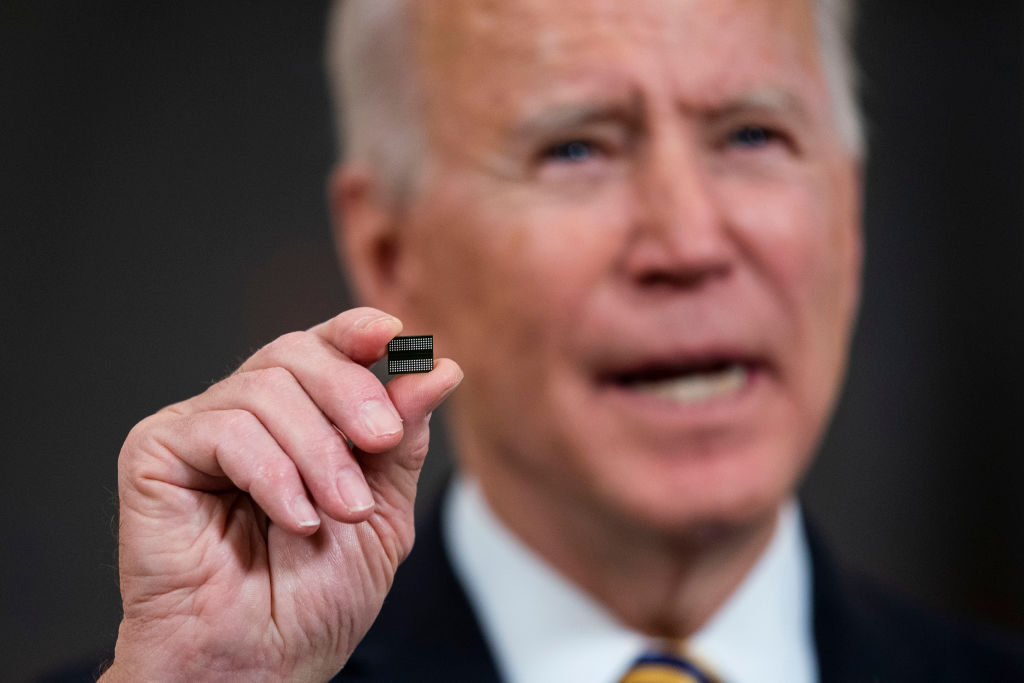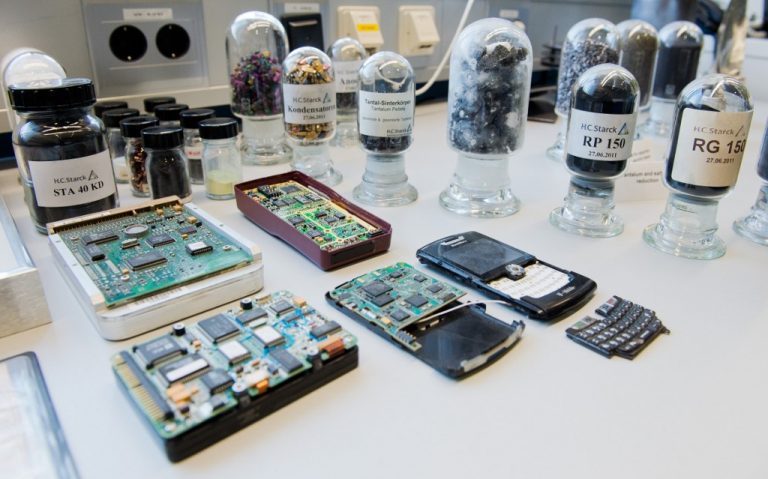A group of western countries are working together to provide alternatives to China in order to secure crucial industrial supplies as part of a worldwide “China-plus-one” policy established during the Covid-19 outbreak, which caused severe supply-chain disruptions. Strengthening vital mineral supply chains is the goal of a new US-led cooperative project involving 11 nations. The Minerals Security Partnership (MSP) is an agreement that India is not a part of, but New Delhi is attempting to obtain access through diplomatic routes.

The MSP is a collaboration between the US and 10 partners, including Australia, Canada, Finland, France, Germany, Japan, the Republic of Korea (South Korea), Sweden, the United Kingdom, and the European Commission. The new organisation aims to stimulate public and private sector investment in the creation of strategic possibilities.
Industry insiders speculate that the new organisation may concentrate on the supply chains for minerals including cobalt, nickel, lithium, and the 17 “rare earth” minerals. The partnership is thought to be largely focused on developing a rival to China, which has built up infrastructure for processing rare earth minerals and has purchased mines in Africa for minerals like cobalt.
The 15 Lanthanides (atomic numbers 57, which is Lanthanum, to 71 in the periodic table), Scandium (atomic number 21), and Yttrium are among the 17 rare earth elements (REE) (39). Light RE elements (LREE) and heavy RE elements are two categories for REEs (HREE).
Batteries used in electric cars require minerals including cobalt, nickel, and lithium. More than 200 consumer devices, including as mobile phones, computer hard drives, electric and hybrid automobiles, semiconductors, flatscreen TVs and monitors, and high-end electronics all depend on REEs, despite the fact that they are frequently tiny and important parts. At a time when it is anticipated that the market for electric vehicles would be susceptible to upheaval, India is considered as a late mover in efforts to enter the lithium value chain.
Battery technology is projected to reach a turning point in 2022, with a number of possible Li-ion technological advancements and alternatives to this tried-and-true formulation already in the advanced stages of commercialization. India has a bold aim to switch a sizable portion of its transportation to electricity, which calls for these minerals. The proposal states that 80% of the nation’s two- and three-wheelers.
India will have to rely on a small number of nations, particularly China, to fuel its energy transition ambitions for electric cars if it is unable to discover and develop these minerals. That will be comparable to our reliance on a small number of nations for oil, one economist said.
Industry observers claim that India’s lack of competence is the reason the nation would not have been allowed to join the MSP grouping. Australia, Canada, and Japan are among the nations in the group that have REE deposits as well as the ability to harvest and treat them.
